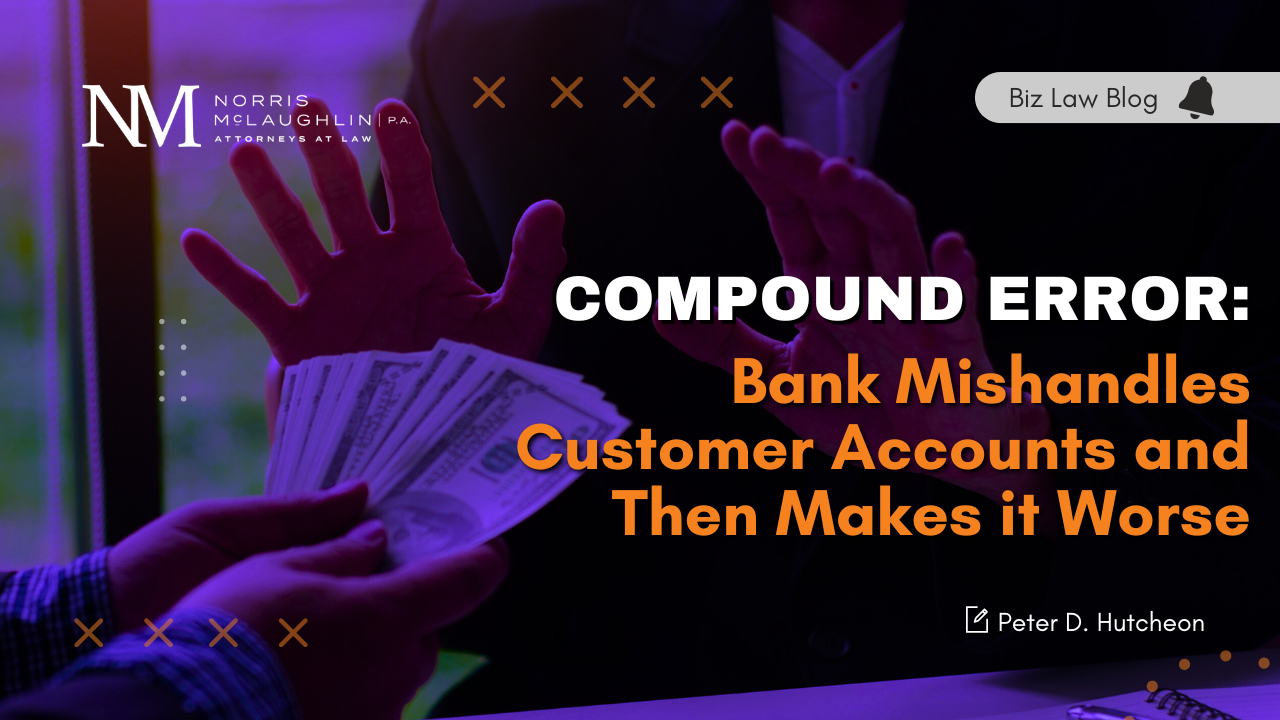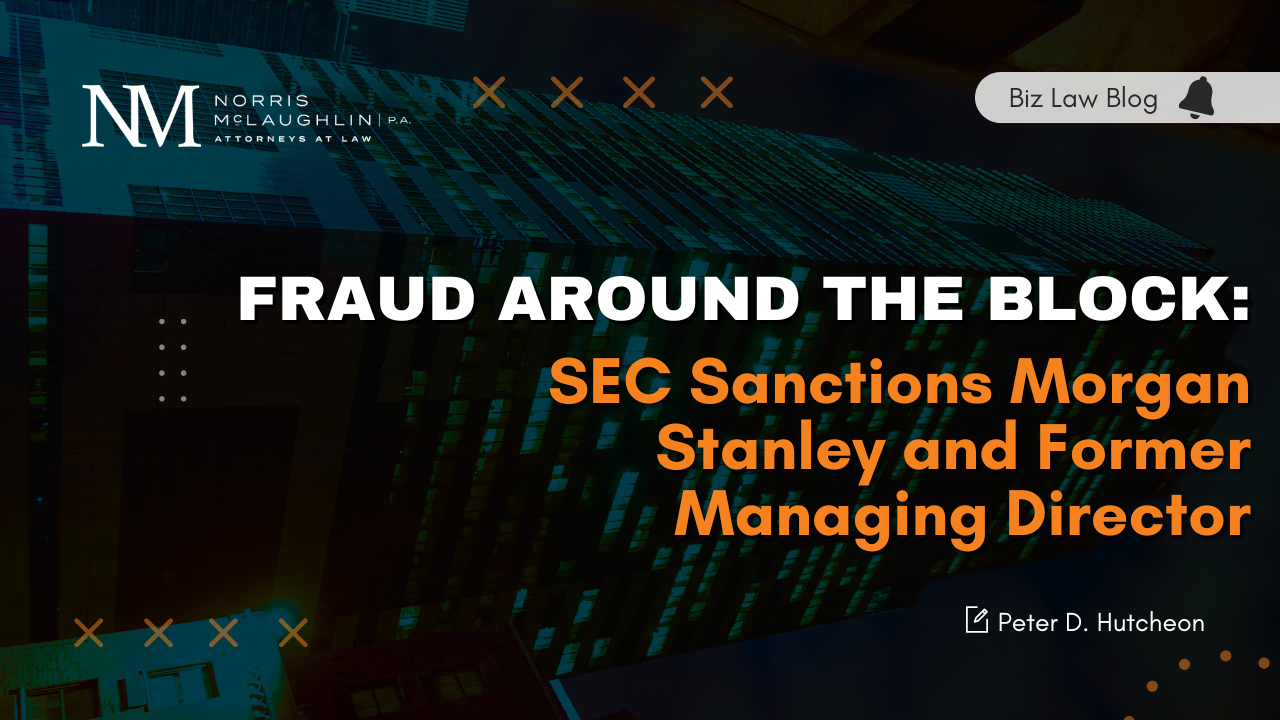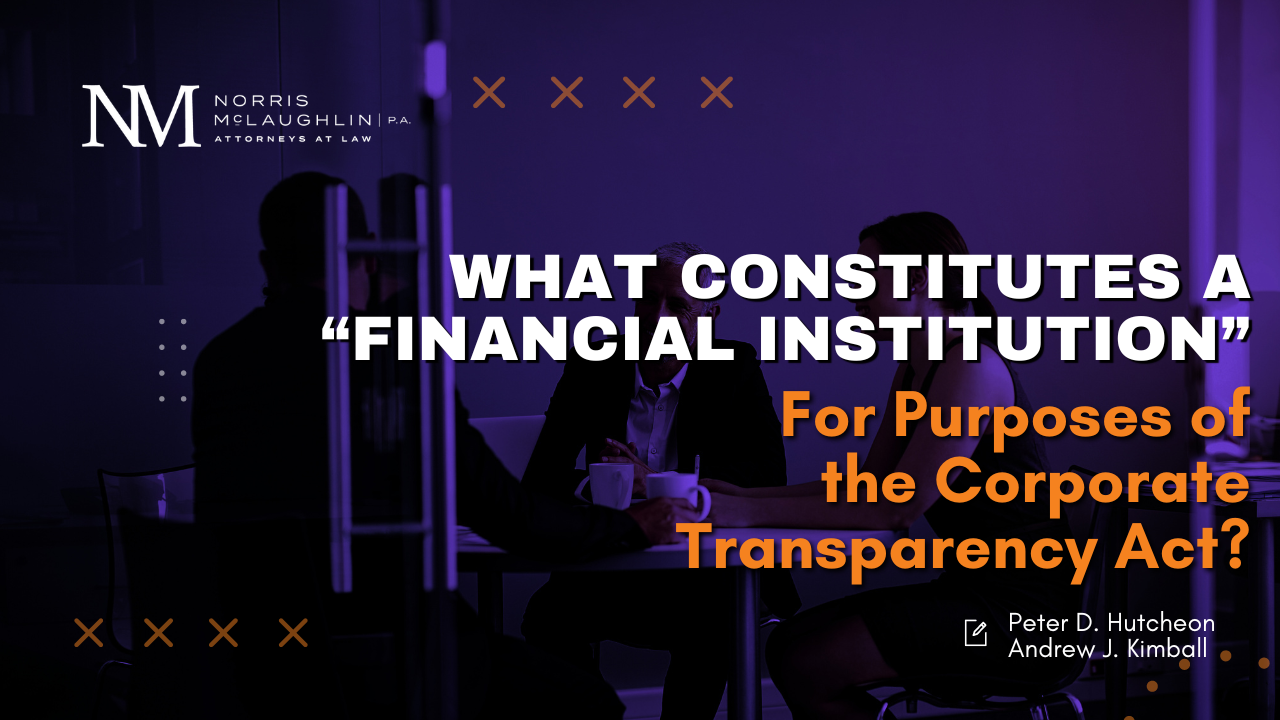Rupture Rapture: Should the GameStop?

GameStop, described on January 26, 2021, in the Wall Street Journal as a "moribund mall retailer" (which sold electronic games, but not many what with mall closures due to the growth of e-commerce, and even fewer after shutdowns due to COVID) has seen the share price of its stock (listed on the New York Stock Exchange) rise from a low of $2.57 to $483.00. Almost all that gain has occurred since Friday, January 22, 2021. What business development caused this? The simple answer: NONE.
Rupture Rapture
Value and pricing have always been a part of capital markets. According to Aristotle in "The Politics" (Book I, Section 1259a), Thales of Miletus (c. 624 – c.548 BCE), the pre-Socratic Greek mathematician, astronomer, and philosopher from Miletus in Ionia (now southwestern Turkey) was taunted about the uselessness of philosophy, as he was quite poor. But Thales recognized from his astronomical studies in that 6th century BCE year, that although it was still winter, there would be a bumper crop of olives. He raised a little money and made deposits on all the olive presses in Miletus and the surrounding area. When the crop came in, he controlled the presses and let them out (in the face of great demand) at prices he set, thereby making a substantial profit. Thales had cornered the market for olive presses; he set the pricing and he acted to prove that philosophers could be wealthy. So, his motives were to accumulate both wealth and status.
These two human desires for wealth and for recognition, have been the principal motivations across human history for certain market events. In the 17th century Golden Age of the Netherlands, owning beautiful tulips was the indicator of status, and by 1637 the price for some bulbs reached ten times the average annual income. This phenomenon was the basis for Scottish journalist Charles MacKay’s famed book (seen as the first socio/psychological study of market behavior) "Extraordinary Popular Delusions and the Madness of Crowds." In 1711, a joint-stock company was organized in London to deal with British national debt, and after a 1713 grant of monopoly power, to supply slaves to the Caribbean islands where sugar cane was grown. That company (formally known as The Governor and Company of the merchants of Great Britain trading to the South Seas and other parts of America, and for the encouragement of the Fishery; and informally as The South Sea Company) began to deal in government debt arising from the War of Spanish Succession. Almost all the war expense was privately financed, and indeed, even the Bank of England was a private company. Seed capital was raised with a lottery, and by 1719, shares were offered to the public. Gripped with speculative frenzy, everyone who was anyone fought to buy shares for fear of missing out on the expected great wealth, causing the share price to rise from £128 in January 1720 to a peak of almost £1000 by summer. In the subsequent collapse, millions of pounds were lost, including as much as £22,000 by Sir Isaac Newton who famously wrote, "I can calculate the movement of the stars, but not the madness of men." The collapse of the South Sea Bubble led to the passage in 1720 of the Bubble Act, which prohibited the formation of a joint-stock company without a royal charter.
One of the United States' first financial crises (after Alexander Hamilton's success in nationalizing the debt after the victory against Great Britain and Washington’s resolution of the 1791-1794 Whiskey Rebellion) was the Panic of 1837, when speculative lending for land purchases in what is now the Midwest coincided with a sharp drop in cotton prices, and the real estate bubble burst. Real estate speculators had been seeking wealth and prestige that were presumed to flow with land ownership. This probably was the reason Martin Van Buren was a one-term president, as he was seen as slow to attempt to stabilize the market. In the 1870s and 1880s, after recovering from the Panic of 1837 and the chaos and death of the Civil War, America embarked on a Gilded Age. It was a time of great industrial growth, especially in railroads (the Golden Spike was driven in Provo, Utah in 1869 to create transcontinental rail connections), and the rise of the so-called Robber Barons.
Then in 1890, the failure of the wheat crop in Argentina (whose international financial agent was the British firm, Baring Brothers), along with a political coup in Buenos Aires caused European investors (brought in by Baring Brothers) who were facing losses to trade in their investments in American stocks and holdings of dollars for physical gold. The resulting Panic of 1893 saw the collapse of over 500 banks and the bankruptcies of the Union Pacific, Northern Pacific, and Atchison, Topeka & Santa Fe Railroads. Unemployment reached 25% in Pennsylvania, 35% in New York, and 45% in Michigan. All this followed from what turned out to be a less-than-wise series of investment decisions by persons seeking wealth, and with it, position.
In 1906, some very wealthy New Yorkers sought to increase their wealth by cornering the market on the stock of United Copper Company. Their effort was financed by loans from New York City banks, led by loans from New York's third-largest bank, Knickerbocker Trust Company. Also in 1906, Congress passed the Hepburn Act, which created the Interstate Commerce Commission ("ICC") to regulate railroad operations, including pricing. As the ICC assumed its activities, the prices of railroad company stocks fell. When the effort to corner the stock in United Copper failed in October 1907, the prices of shares traded on the NYSE plummeted 50% over three weeks from their 1906 highs. This was the so-called Knickerbocker Crisis (also known as the Panic of 1907), which caused the financial system to freeze until J.P. Morgan single-handedly organized the New York banks to save the American financial system. His success and the concern that there might not always be someone of his stature and wealth to "save the day" led to the passage in 1913 of the Federal Reserve Act and the creation of the Board of Governors of the Federal Reserve System (the "Fed"). Once again speculating investors had been seeking increased wealth and market power, and the prestige that comes with them.
After World War I, the United States breathed a collective sigh of relief as the country enjoyed an explosion of pent-up demand that led to the wealthy excesses of the "Roaring Twenties," so well captured in the works of F. Scott Fitzgerald. The Dow Jones Industrial Average increased six-fold from August 1921 until September 1929, and the Fed's warning in March 1929 of excessive speculation went largely unheeded. It was said that even shoeshine boys and cab drivers were buying stock, expecting (and hoping) to get rich. Some of this speculation was also driven by a fear of losing out on great opportunities. As the famed international economist, Charles Kindleberger, has observed, "There is nothing as disturbing to one’s well-being and judgment as to see a friend get rich. Unless it is to see a non-friend get rich." Excessive speculation ended in the Crash in October 1929 and the onset of the Depression. This, in turn, led to the New Deal and the enactment, among many other pieces of federal legislation, of the Glass-Steagall Act of 1933 (separating commercial banks from investment banks), the Securities Act of 1933, and the Securities and Exchange Act of 1934 (which created the Securities and Exchange Commission ("SEC")).
After the United States recovered from the Depression, and with assistance from the economic necessity brought on by World War II, the economy once again began to hum as the Eisenhower administration promised "Peace, Progress, and Prosperity." Despite the continuing Cold War, America was thriving, and with that came waves of technological innovation; in the 1960s almost any company that ended in "tronics" as in "electronics" was seen as a winner. Once again investors drove up the prices of the so-called "Nifty Fifty," companies whose stock would always gain at market price. Frequently, investors were disappointed. Then by 1994, some very bright men, including two Nobel Laureates, started Long-Term Capital Management ("LTCM"), which used computer algorithms to create portfolios using stocks and options. After achieving stunning returns for three years, LTCM in 1998 lost $4.6 billion in four months as a result of the Russian financial crisis that had not been factored into their computations. The stock market fell precipitously and the American (and indeed, the world), the financial system almost came unglued. The Fed organized a rescue by raising $3.6 billion from 14 of the largest banks in the world. LTCM was liquidated in 2000, just in time to observe the famed "Dot.Com Bubble" burst in March 2000, after stocks traded on NASDAQ rose 400% from 1995 prices. Once again, investors chasing wealth and prestige, and fearful of losing out on the "hot new thing" of Internet companies "rushed in where angels feared to tread."
In a financial collapse, redux brought on by the "irrational exuberance" over homeownership and home speculation the worldwide Great Recession of 2007-2008, so graphically captured in the book and movie "The Big Short," brought bankruptcy and ruin to many who had sought wealth and prestige. People who could not afford the debt payments could still borrow money to buy houses. Lending banks were not terribly concerned because Wall Street investment bankers had invented a way to package and resell mortgage loans in engineered pieces to institutions and to individual investors. Because they were pieces of mortgage loans, they were seen as very secure, and were in fact rated that way by the major rating agencies. When the bubble burst with the collapse of investment banks Bear, Stearns, and Lehman Brothers, the near bankruptcy of American International Group, the failure of Washington Mutual Savings Bank and Wachovia, receiverships for Fannie Mae and Freddie Mac, and the regulatory enforced takeover of Merrill Lynch, unemployment soared and the United States government, including the Fed, had to pump billions into the economy to stabilize it. The Great Recession also resulted in the passage of the Dodd-Frank Act, which added material constraints on many aspects of the financial system. Once again, persons striving for the wealth associated with homeownership and the accompanying sense of belonging, along with bankers and service people eager to obtain outsized returns, drove behavior that, in hindsight, turned out to be an extraordinary chain of bad decisions.
Even in the well-recognized market frauds using so-called "pump and dump" schemes, the motive is to obtain wealth. The fraud promoter selects a stock and issues all kinds of positive (but not factually-based) news and opinions aimed at getting investors to push up the price of the stock for fear of losing out on a good thing. Then, when the price is high enough, the promoter "dumps" the shares on the enticed, eager, and unsuspecting, public. This type of fraud typically has involved "boiler rooms" and was graphically captured in the 2000 film of the same name. One of the most "famous" of these "boiler room" firms was Stratton Oakmont, whose co-founder, Jordan Belfort, turned his resulting criminal conviction into the basis for the Academy Award-nominated film, "The Wolf of Wall Street." Again, the outsized desire for riches and prestige led to very bad results.
Should the GameStop?
So, what did/do the investors in GameStop (and a few other stocks) see that lures them into driving its price (and the prices of some other companies) unbelievably high? Since the March 2020 onset of the COVID pandemic, actions by the Fed and Congressional legislation have pumped extraordinary amounts of money into the economy, much of it into the hands of individuals. As a result of the pandemic, much of the nation's economy has been in shutdown mode for ten months. The number of sporting events has been greatly reduced and only a few fans in a few venues can attend in person. Travel, other than by personal auto or private jet, is quite a challenge, and there are NO cruises. On the other hand, casinos and on-line gaming have seen rapidly growing use, as people try to overcome the widespread boredom and sense of confinement. At that point a Romanian immigrant, Vlad Tenev, and his co-founder started Robinhood Capital Management, a stock brokerage that reportedly allows investors to buy and sell securities, including options without fees. Trading is done electronically and is apparently strongly embraced by younger investors. Indeed, one market commentator (Jim Cramer of CNBC's "Mad Money") has dubbed the many new retail investors using Robinhood and other inexpensive trading platforms the "Merry Men." All this is happening in a time of tremendous growth and use of social media, including the ability to"organize so-called "flash mobs" and even the January 6, 2021, attack on the U.S. Capitol. MacKay's observations about "the Madness of Crowds" may be particularly relevant in trying to understand these phenomena.
We know from statements on Twitter and text messages received by commentators on CNBC's "Squawk Box," as well as those quoted in the Wall Street Journal, that many if not most of the "investors" driving up the price of GameStop and the other companies involved are not interested in making money. They have been organized into the equivalent of a "flash mob" by statements on the Wall Street Bets sub-platform on the media platform sponsored by Reddit, a recently-formed social media company. What drives them is learning that hedge funds that specialize in taking short positions in stock have sold billions of dollars' worth of stock in these companies, where the hedge funds (often owned and controlled by billionaires) do not own the stock. Short selling is a gamble that the price of a stock will decline, and when the stock is not owned (a so-called "naked short"), the funds can lose billions if the price instead rises. Short selling does serve as an effective check on pricing exuberance. Apparently, quite a few of the so-called "Reddit Mob" members had lost money (e.g., reputedly on Nikola Corp., Wirecard AG, and Valeant Pharmaceuticals International, Inc., to name a few) when the stock of their chosen investments declined in value after short-sellers took their positions and published investment reports explaining why they thought the stock was overpriced. The "Reddit Mob" with the time, boredom, money, and participatory technological skills felt collective anger and a sense of having been taken advantage of by billionaires who looked down on Mob members. They organized a series of what is known as a "Short Squeeze" to break or bankrupt the short-sellers. According to David Kostin of Goldman, Sachs & Company, Inc., in a February 1, 2021, report, this is the biggest "Short Squeeze" in 25 years. And they have succeeded: one fund, Melvin Capital, reportedly sold out of its GameStop short position, taking a loss of 53% of its asset value (over $3 billion). Melvin Capital survived only after a capital infusion from two other funds, Citadel Capital Management, which lost 3% of its value, and Point 72, which lost 10% of its asset value. Citadel happens also to be an investor in Robinhood. Another short seller, Andrew Left's Citron Research, announced that after 20 years of short investing and publishing opinions on shortable companies, he will do so no longer due to threats of physical violence to him and to his family members, which the FBI is reportedly now investigating.
When Robinhood on Thursday, January 28, 2021, suspended the ability to trade stocks in 13 companies including GameStop, its clients went wild. Multiple class-action suits have reportedly been filed, and at least one person, David Portnoy of the online gambling company Bar Stools, accused Robinhood of "kowtowing" to the demands of a hedge fund (namely Citadel). In fact, it appears that Robinhood had a potential liquidity problem. Broker-dealers ("BDs") like Robinhood, do not close the trades they handle. That is done by clearing firms, the most significant of which is the Depository Trust Company ("DTC"). DTC and other clearing firms require BDs to post cash collateral (cash or Treasuries, etc.) against the risk that transactions do not close. The amount required to be posted depends on several factors, including the price of a stock, the volume of trades in that stock, and the rate of price increase or decrease in the short run. DTC required Robinhood to put up substantial additional cash collateral in order to continue trading GameStop and other affected securities. Other BDs faced similar requirements. Robinhood reportedly raised $1 billion overnight and reopened trading in those stocks on Thursday the 2r, although with some limitations on permitted volume. However, the anger and outrage are more than evident, including caustic criticism from Rush Limbaugh (quoted in The New York Post), and Senators Elizabeth Warren and Ted Cruz. As of Monday, February 1, 2021, Robinhood has reduced to eight the number of stocks still subject to trading limits.
Some market participants and Alexis Ohanian, co-founder of Reddit, have asserted that this is all a result of "democratizing" the capital markets and a net positive for the future. A report in the weekend edition of Wall Street Journal, for Saturday and Sunday, January 30-31, 2021, identified a 34-year-old former Massachusetts Mutual Life Insurance Co., marketing employee as the on-line "influencer" who triggered the interest in GameStop. He reportedly began buying GameStop shares at about $5 each in July 2019, seeing a chance that it might gain in profits through better use of e-commerce. As he talked up his ideas on internet chat rooms, including Wall Street Bets, other investors joined in. This in turn provoked short-selling hedge funds to enter the fray. The hedge funds were gambling that GameStop had little "real" value above $5.00 per share so they would profit when the market price returned to its July 2019 level. This enraged the "Reddit Mob" and through constant use of social media, they formed an investment bloc.
American capital markets have since the beginning of economic studies relied on the self-control imposed on individuals by their own self-interest. That was and is the notion behind the idea of "The Invisible Hand" in Adam Smith's "The Wealth of Nations." Almost all the regulations applicable to the capital markets rely on creating costs (both economic and reputational) for violations, that generally deters misbehavior. Indeed, that fundamental precept is reflected in the cost/benefit analysis required for any new regulatory proposal. But the "Reddit Mob" is apparently NOT price-sensitive. In fact, they say they do not care if they lose every dollar they spend, as long as the short sellers are routed. As Christopher Mims wrote in the weekend edition of the Wall Street Journal of Saturday/Sunday, January 30-31, 2021 (page B 4) "The Wall Street Bets members …are [an example of] what philosophers call "closed epistemic systems," worldviews that are unaffected by the information that contradicts them. It's confirmation bias on steroids. It’s also the logic of a cult." Those characteristics present an urgent need to reevaluate the traditional regulatory approach.
Some things that can readily be done, probably without legislation:
- Greater transparency of short position sizes and holders, more immediately available (as is already the case in European markets)
- Limitations on how much of a company's stock can be shorted, even in a "naked short" to a maximum of the total or some percentage of the total number of shares outstanding (in some cases short-sellers have shorted more shares than exist)
- Limitations and/or prohibitions on the use of options to increase the impact on pricing
- Limit or end the ability to buy selected stocks on margin
- Greater authority of regulators and/or exchanges to suspend the trading ability of specific shareholders, in addition to the authority to suspend trading in specific securities
Beyond these, new constraints should be designed and implemented to constrain "Reddit Mob" attacks anywhere in the market. Under the 1968 Williams Act amendments to the Securities and Exchange Act of 1934, as amended, a person OR GROUP acting in concert, that acquires 5% or more of the stock of a public company, must file disclosure documents with the SEC including an indication of intentions. In antitrust law, the concept of "conscious parallelism" is well-recognized as a basis for finding a "conspiracy in restraint of trade." One wonders whether the SEC might espouse a similar view with respect to the "Reddit Mob," such that their parallel (yet collective) actions might allow regulatory sanctions for actions that would be seen as suspect if done by a single individual. The SEC did issue a statement on Friday, January 29, 2021, which said (in part):
The Commission is closely monitoring and evaluating the extreme price volatility of certain stocks’ trading prices over the past several days. …[E]xtreme price volatility has the potential to expose investors to rapid and severe losses and undermine market confidence.
As Nietzsche warned, beware the attack of the sheep, (here organized on social media and seeking the rapture of revenge). Let us hope that the SEC will yet be the Good Shepherd. If you have any questions about this post or any other related securities or general business law matters, please feel free to contact me at pdhutcheon@norris-law.com.
For more information, check out the Legal Talk Network's "Legal Talk Today" podcast, where I was featured as a guest to discuss the GameStop saga and address who will pay for the massive loss of money in their episode, "GameStop: Who’s Left Holding the Bag?"




